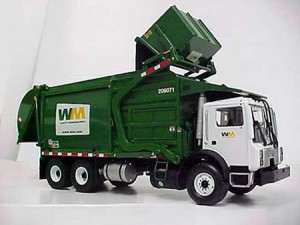A lot of blog owners devote an insane amount of time getting traffic to flow into their sites and blogs. However, getting that traffic to stay on the blog is a tough asks and is it for this particular purpose that Google related links can be particularly helpful. Here are a few helpful tips that can help you use various plugins to display related Google related links on your blog.
Use WordPress Plugins
For Google related links, you can pick a plugin that excites you from the standard list of WordPress plugins. These plugins are developed specifically for WordPress which means that they are easy to integrate within blog pages. Since most of these plugins also sync seamlessly with your blog’s content, they help Google related links to draw massive traffic into your blog.
Google Related Post Links
This plugin for the Google related links will give you the ceaseless performance for your blog. Moreover, this plugin is simple for your use and also it is very much powerful your purpose as well. This application will get the related links from the other search engine besides Google itself. So, you can get the overall coverage of the latest information links from it. Through this plugin, you can get the listing about 8 quality links with a highly relevant manner. Since, this plugin will give you the SEO based related posts for your blog. So, in this way, you will get the huge traffic from it.
Go with the “YARPP” (Yet Another Related Posts Plugin)
In the WordPress community, the Yet Another Related Posts plugin has enjoyed quite a lot of fame. The plugin comes with a highly intuitive algorithm, thumbnail, caching and template that provide you with the highest quality relevant link and boost your blog’s SEO scheme as well.
Try the “SEO Auto Links & Related Posts” plugin
A plugin like SEO Auto Links & Related Posts plugin allows blog owners to ensure that the top 8 related posts are shown next to any particular blog post. In terms of user engagement, this is the most effective strategy. This plugin has the ability to automatically select the 8 most relevant posts on your blog to show next to a post. This makes your Google related post links strategy all the more effective as the user doesn’t have to make too much of an effort to pick and choose the right posts to display as the related links.
Use “Related Posts for WordPress”
Related Posts for WordPress is a rather handy plugin that allows users to manually select the posts that they want to show at the end or alongside a particular blog post. It is a much more hands on approach to the Google related post links schematic of your blog though it does also come with the kind of control that a plugin based automated system may never provide you. Using this plugin also allows you to make the best of your SEO tactics as you can use posts based around a certain keyword as related posts on a page which would boost your keyword density a lot more organically and keep crawlers interested in the page as well. users that come to your blog looking for posts about a particular niche would also benefit from this as they would be able to get the most relevant posts well within view and wouldn’t need to go searching for them on your blog.
Get coding
CSS coding and adding thumbnails is also another handy way to add related post links to your blog page. This helps you create a related post link specifically made for your blog and you would not need to install or pay for a third party plugin to do the same thing. You would have to remember that CSS coding may be easy to do but it does require some technical knowhow and finesse to get right. If you aren’t too confident about tinkering with the coding of your blog, you should get a professional to do it for sure. Just remember the security protocols that you have set up for your blog and you should be able to get a custom Google related post links scheme on your pages in no time.
About The Author: Alyssa is a writer/blogger. She loves writing, traveling and reading books. She contributes on Engage BRD




